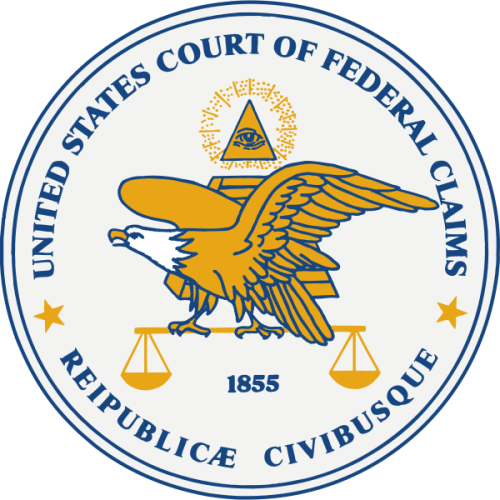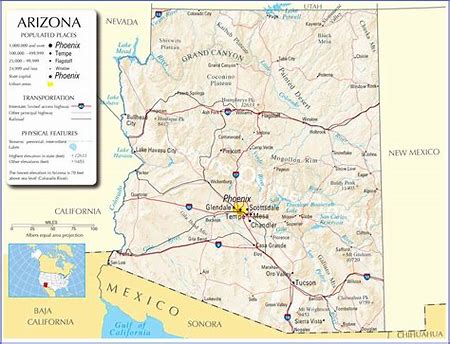
A young yet experienced litigator, Jeremy Kernodle has been nominated for a judgeship in the U.S. District Court for the Eastern District of Texas, rather than in the Northern District, where he is based.
Background
Jeremy Daniel Kernodle was born in Memphis in 1976. Kernodle attended Harding University in Arkansas, graduating summa cum laude in 1998.[1] He then attended Vanderbilt University School of Law, graduating with Highest Honors in 2001.[2] He then clerked for Judge Gerald Tjoflat on the U.S. Court of Appeals for the Eleventh Circuit. Following his clerkship, Kernodle joined the Washington D.C. Office of Covington & Burling LLP as an associate.[3]
In 2005, Kernodle joined the Office of Legal Counsel in the Department of Justice as an attorney-advisor.[4] In 2006, he moved to Dallas to become an associate at Haynes & Boone LLP.[5] In 2012, Kernodle became a partner at the firm and continues to serve in that capacity today.
History of the Seat
Kernodle has been nominated to the U.S. District Court for the Eastern District of Texas, to a seat vacated on January 7, 2016, by Judge Michael Schneider’s move to senior status. While Schneider moved to senior status with over a year left in the Obama Administration, no nominee was put forward for the vacancy.
In February 2017, Kernodle applied for a judgeship with the Evaluation Committee set up by Texas Senators John Cornyn and Ted Cruz, both Republicans.[6] He interviewed with the Committee on March 16, 2017.[7] Kernodle then interviewed with Cornyn and Cruz in May 2017, after which his name was submitted to the White House.[8] Kernodle interviewed with the White House late in July 2017. His nomination was submitted to the U.S. Senate on January 23, 2018.
Political Activity & Memberships
Kernodle has been fairly active in the Dallas Republican Party, having served as a Precinct Chair and on the Host Committee.[9] He also donated $2500 to the Dallas Republican Party in 2017, as well as giving to Cornyn and Cruz.[10]
Kernodle has also been a member of the Federalist Society for Law and Public Policy Studies (a conservative legal society that has produced many Trump judicial nominees) since 2006 and has served as President of the Dallas Lawyers Chapter since 2014.[11]
Legal Experience
Other than a brief stint at the Department of Justice, Kernodle has spent his entire legal career in private practice. He started his career as an associate in the Washington D.C. office of Covington & Burling, specifically, in the Litigation and Supreme Court Practice Group. While there, he appealed the dismissal of a malicious prosecution charge and argued the case before the Third Circuit.[12]
In 2005, Kernodle joined the Office of Legal Counsel (OLC) at the U.S. Department of Justice, which is tasked with providing advice on the legality of the Justice Department’s initiatives.[13] While he did not participate in litigation at OLC, such a background has drawn significant criticism towards other Trump nominees.
In 2006, Kernodle joined Haynes & Boone in Dallas as an associate. He was then made a partner in 2012. At the firm, Kernodle has developed an expertise in False Claims Act cases, specifically in defending government contractors charged under the FCA. For example, Kernodle successfully defending a healthcare company in a qui tam suit alleging fraud.[14] In another suit, Kernodle successfully challenged a National Labor Relations Board order against the Dresser-Rand Co.[15]
Writings, Interviews, and Expressed Views
Over his career, Kernodle has developed an expertise in the False Claims Act (FCA), a law imposing liability on those who defraud the government. He has authored numerous articles discussing developments in False Claims Act jurisprudence and caselaw. In one such article, Kernodle suggests that the FCA will continue to expand in scope, leading to many lawsuits being brought under it.[16]
While Kernodle has generally focused his writing on the False Claims Act, as a law student, he wrote on the emerging “state-created danger” theory of liability for states and municipalities.[17] The theory, which arose largely from the Supreme Court’s decision in DeShaney v. Winnebago County Department of Social Services, holds that the government can be held liable for a deprivation of constitutional rights where the government is responsible for creating the danger to the individual.[18] Noting the variety of circuit court interpretations of the theory, Kernodle proposed a five part test for when the government could be held liable under the “state-created danger” theory: (1) the government acted affirmatively; (2) toward a specific plaintiff; (3) with deliberate indifference; (4) causing the harm; (5) in a way that shocks the conscience of the court.[19] Such a restrictive test, Kernodle argues, is necessary for “confining recovery and protecting legislative decisions.”[20]
Overall Assessment
Kernodle fits neatly into the Trump Administration’s judicial focus on young conservatives with impeccable academic credentials. Kernodle’s supporters will tout his litigation experience and expertise in the False Claims Act as evidence of his intellect. Furthermore, conservatives will cheer Kernodle’s long history with the Federalist Society.
While Kernodle does not share the paper trail of controversial statements made by other Texas nominees, his nomination may nonetheless draw some opposition. Firstly, critics may question Kernodle’s role at OLC, probing his views on topics such as the legality of interrogation techniques. Secondly, they may criticize Kernodle’s lack of connections to the Eastern District of Texas, where he has been nominated. (Interestingly, there are three nominee-less vacancies on the Dallas-center Northern District of Texas)
Overall, it is unlikely that his brief tenure at OLC or his affiliation with the Federalist Society will be disqualifying for the majority of the U.S. Senate. As such, Kernodle will likely be confirmed in due course.
[1] Sen. Comm. on the Judiciary, 115th Cong., Jeremy D. Kernodle: Questionnaire for Judicial Nominees 1.
[2] See id.
[3] See id. at 2.
[4] See id. at 2.
[5] See id.
[6] See id. at 30.
[7] See id.
[8] See id.
[9] See id. at 15.
[10] Center for Responsive Politics, https://www.opensecrets.org/donor-lookup/results?cand=&cycle=&employ=&name=jeremy+kernodle&order=desc&sort=D&state=&zip= (last visited Mar. 26, 2018).
[11] See id.
[12] See Green v. Robinson, 112 Fed. Appx. 165, 2004 U.S. App. LEXIS 21304 (3d Cir. Oct. 13, 2004) (affirming dismissal of malicious prosecution claim).
[13] See Kernodle, supra n. 1 at 17.
[14] See United States ex rel. Colquitt v. Abbott Laboratories, 858 F.3d 365 (5th Cir. 2017).
[15] See Dresser-Rand, Co. v. NLRB, 838 F.3d 512 (5th Cir. 2016); Dresser-Rand, Co. v. NLRB, 576 F. App’x. 332 (5th Cir. 2014).
[16] Jeremy Kernodle, Christopher Rogers, and Nicole Somerville, Fraud Alert: What Every Texas Lawyer Should Know About the False Claims Act, 78 Texas B.J. 704, 705 (Oct. 2015).
[17] Jeremy Daniel Kernodle, Protecting the Police: Clarifying the Test for Holding the Government Liable Under 42 § 1983 and the State-Created Danger Theory, 54 Vand. L. Rev. 165 ( Jan. 2001).
[18] 489 U.S. 189, 200 (1989).
[19] See Kerndole, supra n. 29 at 187.
[20] Id. at 199.




